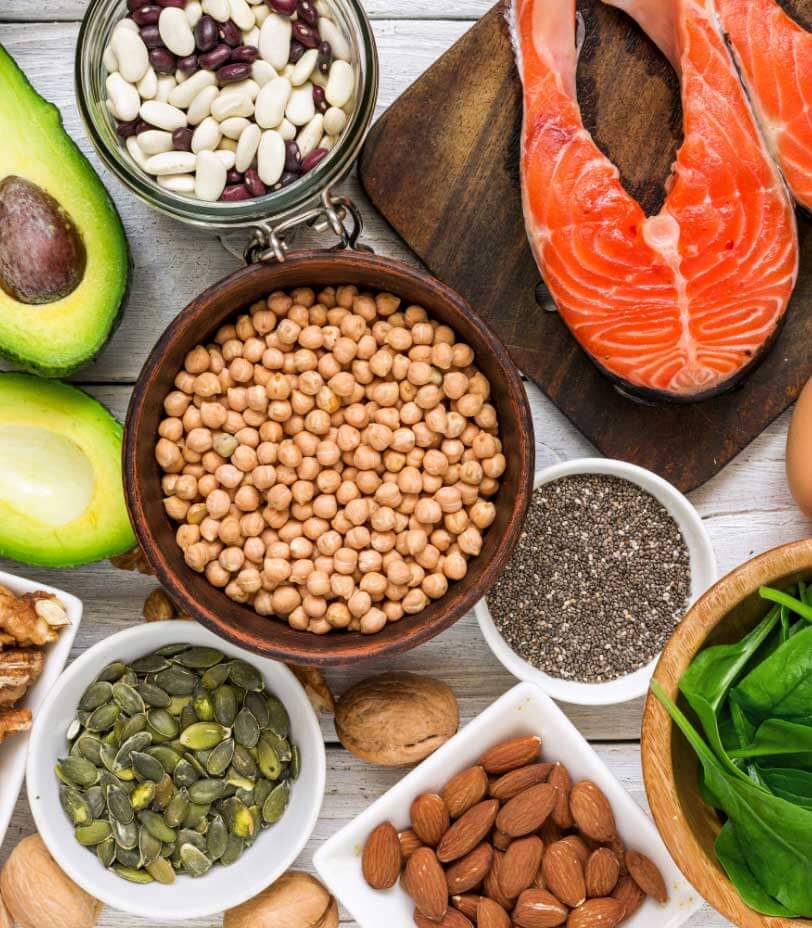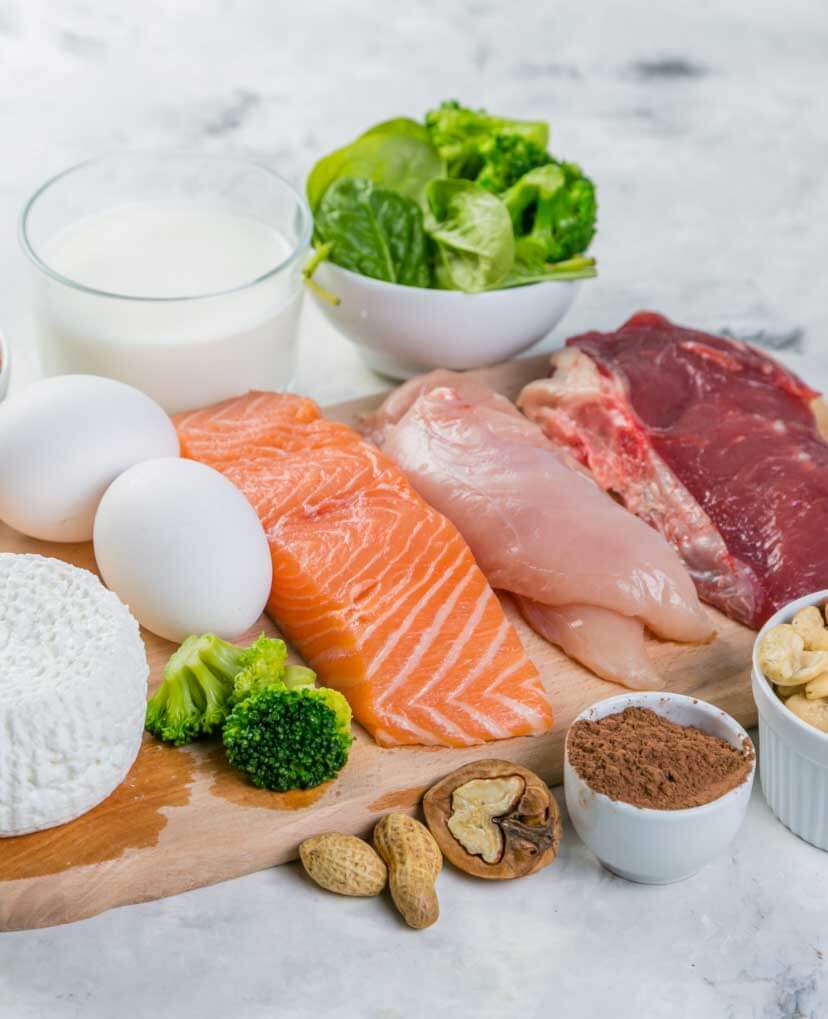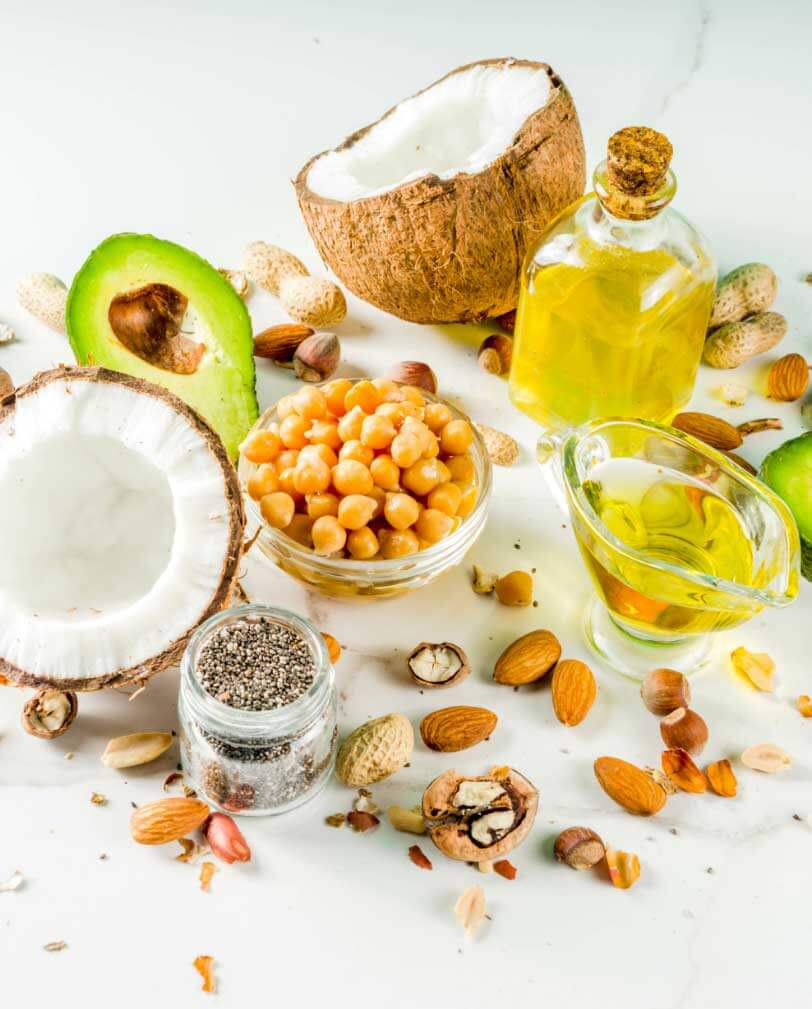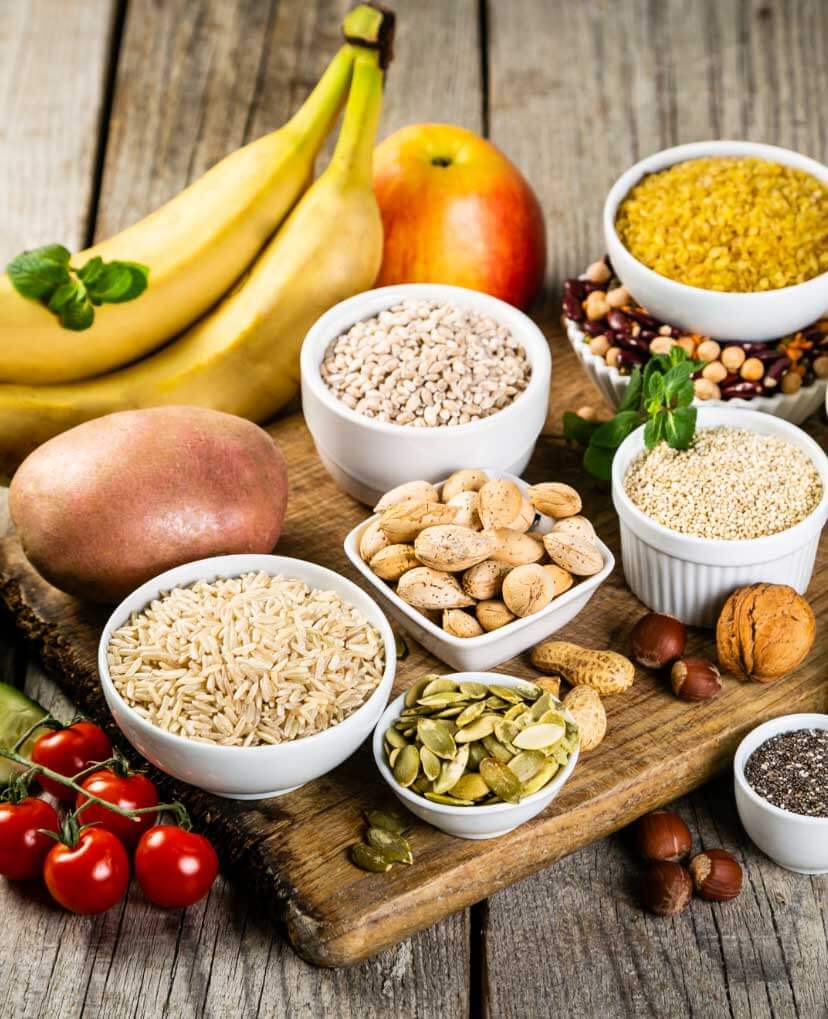
Macros and How to Count Them


Macros and How to Count Them
Toxic diet culture is a multi-generational curse that has misled millions of women into believing that micronutrients–proteins, fats, and carbohydrates–are the reason that they can’t lose weight and get fit. Macronutrients, or macros, are essential nutrients your body needs to maintain reproductive and ovarian health, promote a healthy gut, support your mental health, regulate vital hormones, and more.
At The Wonder Women, we empower every woman to become the best version of themselves. We expose the misinformation and false advertising that has promoted universal weight loss “solutions” through various fad diets. With our valuable insights and practical guides, you can gain food confidence and take control of your nutrition once and for all!
While calorie intake determines whether you lose, maintain, or gain weight, the distribution of macronutrients combined with resistance training determines whether you gain or lose fat or muscle. The Wonder Women’s 24-Week Transformation Program works because of its data-driven methodologies, which include macros-counting as a required component of any participant’s personalized fitness and nutritional plan.

TYPES OF MACROS
We can get our macronutrients from the foods we eat. Some foods may be high in one macronutrient, but it’s important to note that most foods contain a combination of the three.
PROTEINS
Inner strength and mental fortitude go hand-in-hand with a strong, resilient body. Protein plays a vital role in that mind-body connection.
Dietary proteins consist of amino acids. These amino acids regulate the immune system, create enzymes and hormones, build and repair tissues and muscles, and provide structure and support for cells.
Sources of protein include:
Red meat
Poultry
Seafood
Nuts
Seeds
Beans
Eggs
Dairy
Soy such as Tofu and Tempeh



FATS
Fat isn’t evil. Healthy fats are an essential part of a balanced diet and help us thrive in our daily lives. Your body uses fat to absorb vitamins A, D, E, and K, produce hormones, support cell growth, store energy, and protect your organs.
Sources of fats include:
Oils
Coconut
Avocado
Nuts
Seeds
Dairy
Fatty fish such as Salmon and Herring

CARBOHYDRATES
Carbohydrates, or carbs, are the primary fuel for your body. They help you get through the day by providing instant energy for your brain, central nervous system, and red blood cells. Your body also stores carbs in your muscles and liver for later use. As such, the ability to train and exercise regularly requires a sufficient amount of dietary carbohydrates.
Sources of carbohydrates include:
Fruits
Starchy Vegetables
Beans and Legumes
Dairy
Sweeteners
Whole grains such as Pasta and Rice.



The Best Macro Plan
Now that you have a basic understanding of macros, the next step is to figure out the best macro plan for you!
Track What You Eat
Begin by downloading the My Macros+ app, then track what you eat for one week, giving you a good understanding of how many calories you average daily.

We have several video tutorials on using the My Macros+ app.



COUNT YOUR MACROS
In week two, adjust your macro split without changing your daily caloric intake.
Spread your daily allotted macros across four to five meals, 3 or so hours apart, dividing your protein evenly across each meal. The meals directly before and after your workout should contain a lower fat-to-higher carb ratio. Your remaining meals will likely have a higher fat-to-lower carb ratio.
A gram of protein or carbs has 4 calories, and a gram of fat has
9 calories.

A) Your average daily calories calculated over one week are: ______
B) Your goal weight is: __________
Protein
C) Your goal weight x 1-1.4 = __________ g of protein per day
D) Multiply the number above by 4 = __________ calories from protein per day
Fat
E) Your goal weight x 0.3-0.4 = __________ g of fat per day
F) Multiply the number above by 9 = __________ calories from fat per day
Carbohydrates
G) List calories from protein per day (number from Line D): __________
H) List calories from fat per day (number from Line F): __________
I) Add the daily fat and protein calories together (total of Lines G+H) = ___________
J) Subtract the number from Line I from Line A = ____________
K) Divide the number from Line J by 4 = ___________ g of carbohydrates to spread throughout your meals
Please note that TWW considers additional factors when determining a client’s macro goals, like body type, ideal lean body weight, and training intensity, volume, and consistency.

See Results

Log each step of your transformation journey by measuring your weight, waist, hips, and thighs daily and taking weekly progress pictures. These practices not only document proof of your physical transformation but also serve as a constant reminder of the goals you’re achieving. Take time along the way to celebrate each milestone!


Want to Learn More?
Macro Mastery: How to Calculate Your Macros and Create a Meal Plan (E-Cookbook)
$24.99 USD
Eating delicious, macro-friendly, nutritious meals is a cornerstone of TWW’s strategy for achieving and maintaining your dream physique. Our team curates each recipe to be simple to prepare and tasty.
This 224-page cookbook features a guide to calculating your macros, sample meal plans, meal planning tips, a shopping list, and more!

Reapply to Reach New Heights in Your Fitness JourneY
It’s time to take your fitness journey to the next level. Reapply for our 24-Week Transformation Program and unlock your full potential!

